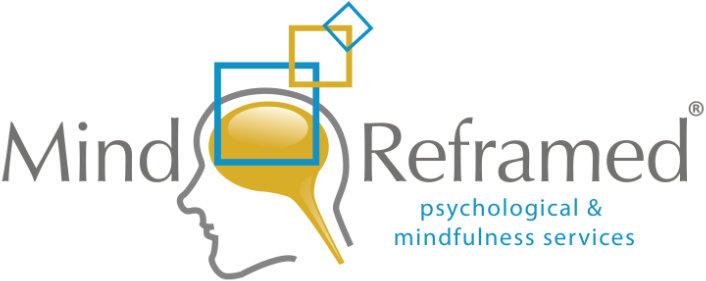
DBT for Complex Post-Traumatic Stress is a programme designed to meet the needs of individuals who live with emotion regulation difficulties and who experienced trauma or suffered abuse from someone they trusted at a young age or during adolescence. It seeks to address difficulties in controlling strong emotions such as intense guilt and shame, persistent sadness or outbursts of anger. DBT-PTSD also targets dissociating so as to detach from traumatic memories and avoidance of certain situations. The programme will also support you in overcoming reactivity, learning skills needed to form and cultivate relationships, improving your self-concept and getting better at resolving internal conflicts.
What is the focus of DBT-CPTSD?
Over time trauma-associated memories develop and can result in “emotional flashbacks” which means that the individual may relive the intense emotions they felt during the trauma and may react as though its is happening in the present time. They relive the intense feelings of sadness, anger, despair, shame and guilt and this feeds into a negative self-concept, beliefs and assumptions which impair their quality of life. These extreme emotions are often managed by extreme behaviours such as self-harm, dissociation, suicidal ideation, alcohol or substance misuse and others.
To begin with, your therapist will work with you in identifying the strategies that you have used to avoid or escape from memories and emotions. In DBT-CPTSD we will be supporting you in developing more adaptive skills to help you process (and befriend) your emotions and reduce reactivity, dissociation, flashbacks and intrusions.
Structure
We offer DBT-CPTSD as the comprehensive team-based programme which entails weekly individual therapy, skills class, access to phone skills coaching and DBT team consultation. You can find out more about the programme and entry points to the skills group at www.mind-reframed.com/dbtskills.
- First, your therapist will get a short overview of your life history
- You will understand how the trauma network is organised, which behaviours maintain post-traumatic stress and what you can do to overcome them
- You will discuss your most important values and what your life worth living would look like if you were not affected by post-traumatic stress, emotion dysregulation and relationship difficulties or chronic loneliness. You will also examine how your experiences of trauma are preventing you from living your life fully in the present
- You will learn skills to regulate high distress, dissociation and intense emotions like fear, shame, guilt and disgust
- Together with your therapist you will first concentrate on one traumatic experience (index trauma) which is particularly powerful and troubling for you
- You will start working through this traumatic event in a safe therapeutic context. Your brain will learn that your traumatic experience belongs to the past. Later you can consider to work through other events
- You will find that the automatic sense of reliving traumatic events and associated feelings of guilt and other problematic emotions begin to subside
- You will work on becoming more compassionate and supportive of yourself and you will start to question trauma-related assumptions like feeling guilty, bad or despicable
- Throughout the programme, you will learn new skills, work on specific behavioural changes in your life that you wish for and focus on building a life that you experience as worth living.
How to begin
All individuals interested in joining the programme will be assessed by a member of our team. The assessment will involve at least two sessions. To find out more about our team please visit the About Us section of this website and if you have a preference let us know which therapist you wish to be assessed by.
Following this you will be offered three orientation sessions which will introduce you to some fundamental DBT theories, crisis tools and anti-dissocciative skills. We will also talk you through a roadmap of your treatment going forward, answer your questions and agree on a start date in the skills group.
Fees
Fees for the comprehensive DBT-CPTSD programme (individual therapy, skills class and phone skills coaching) start at £185 a week. For the breakdown of fees please click here.
To formally reserve a place in the skills group 50% of the module fee must be paid at the time of booking which is non-refundable. The remaining part of the fee is due a week before the official start date of the module. It is only possible to commit to a full module and the fee is payable for all of the sessions. This includes sessions that are not attended, missed or cancelled for any reason.




